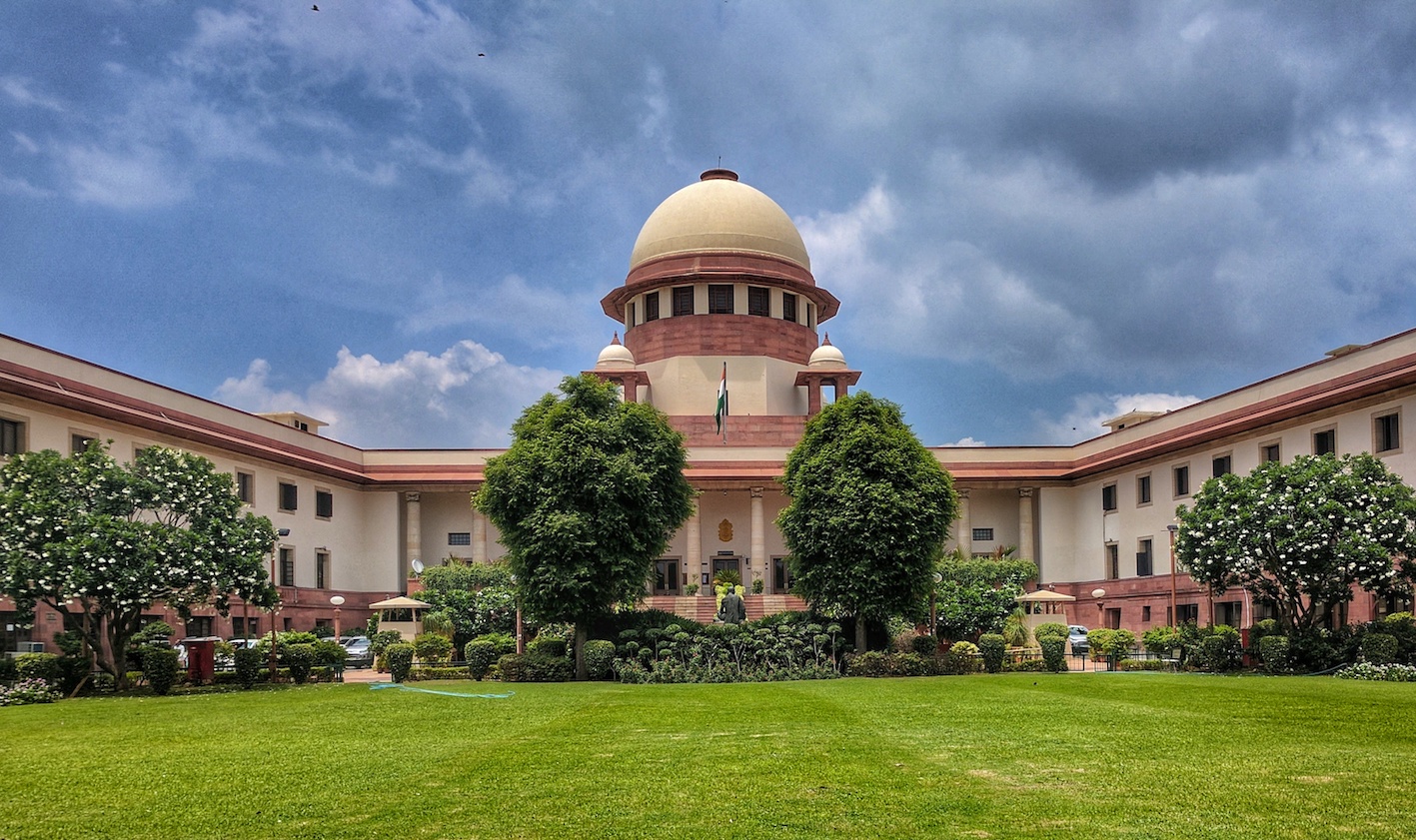Right to Property a Constitutional Right though not a Fundamental Right : Supreme Court
Right to property is still a constitutional right under Article 300A of the Constitution of India though not a fundamental right. The Supreme Court bench consisting of J. Sanjay Kishan Kaul, J. Dinesh Maheshwari and J. Hrishikesh Roy decided upon the matter of Bajranga (Dead) by LRs v. The State of Madhya Pradesh & Ors. [Civil Appeal No. 6209 of 2010] and postulated upon the legislative intent behind Madhya Pradesh Ceiling on Agricultural Holdings Act, 1960.
The appellant (now represented by LRs) was the bhumiswami of a piece of agricultural land and was stated to be holding land in excess of the ceiling limit prescribed as per Section 7(b) of the Madhya Pradesh Ceiling on Agricultural Holdings Act, 1960. Hence, the competent authority/officer (respondent) initiated the process to acquire the surplus land and issued a draft statement for the same. After the final order which declared the said excess land as surplus, the respondents initiated the process of taking over possession and eviction under Section 248 of the Madhya Pradesh Land Revenue Code, 1959.
The appellants, aggrieved, filed a suit for declaration of title and permanent injunction before the District Court. They stated that the proceedings to recover land from him were illegal as he was actually left with was lesser which was within the prescribed ceiling limit rather than as claimed by the respondents. This was because, the appellants mother-in-law, Jenobhai, who was in Kabza kasht (possession by cultivation)of the land for about 20 years had filed a civil suit against the appellants seeking declaration of title and permanent injunction with respect to the disputed land. In the suit, Jenobhai was declared the owner. The Trial Court held that the appellant was the bhumiswami in respect of the survey number in question and the suit was collusive with Jenobai having knowledge of the ceiling proceedings and hence, dismissed the suit. The appellant filed an appeal under Section 96 of the Code of Civil Procedure which the Court allowed and The appellant was declared as the bhumiswami of the surplus land and the respondents were restrained from interfering with his possession of the land.
The respondents filed an appeal in the High Court which was allowed to which the appellant has filed the present appeal in the Supreme Court. Relying on the case of State of Madhya Pradesh & Anr. v. Dungaji (Dead) Represented by Legal Representatives &Anr. [(2019) 7 SCC 465}, the court stated that “In our view the legal position has to be appreciated in the factual context. Thus, though there may be a process provided for redressal under the scheme of the Act, it is this very scheme of the Act which has been breached by the respondents herein in not complying with the statutory provisions. It can be nobody’s say that Jenobai cannot file a title suit against the appellant. That suit being maintainable and pending, and the factum of that suit being disclosed in the return (if the nature of disclosure being the reason we wanted to peruse the record, which were not made available), the provisions of Section 11 had to be strictly complied with. We say so as the right to property is still a constitutional right under Article 300A of the Constitution of India though not a fundamental right. The deprivation of the right can only be in accordance with the procedure established by law. The law in this case is the said Act. Thus, the provisions of the said Act had to be complied with to deprive a person of the land being surplus”, and allowed the appeal.

